SALEM, Ore. — HB 4002 is a continuation of the state’s failure to address our addiction and housing crisis. It was developed without the input of the providers delivering services across the state.
“After fentanyl landed in Oregon and overdoses started rising in 2020, voters called for a public health approach that would expand treatment and require strong leadership at the state to bring law enforcement and providers together to implement that vision,” said Tera Hurst, Executive Director of the Health Justice Recovery Alliance. “Instead, service funding was delayed, the citation system was never set up, providers and law enforcement were sidelined, and overdoses continued to rise.
Oregonians want safe communities and for people to have access to the services they need. Instead of looking at real solutions, the legislature and well-financed special interests scapegoated people living with addiction, in spite of all evidence to the contrary. Following an extensive three-year study into Measure 110, researchers reported there is no evidence Oregon’s public health approach was responsible for our state’s tragic upsurge in fatal overdoses, nor did it cause the uptick in crime, houselessness, or drug use. Yet the legislature recriminalized possession anyway.
“Two wrongs don’t make a right,” said Hurst. “The public health approach of expanding treatment without punishment was the right approach, but HB 4002 doubles down on the same mistakes the state made in implementing Measure 110. Unfortunately, it will be people struggling with addiction — especially those living outside and Black and brown Oregonians — who will pay the biggest price. And our communities will be no safer for it.”
While HB 4002 creates a new misdemeanor charge for addiction, Measure 110 services will remain intact and Measure 110 addiction recovery providers will continue to provide services. There has been a 300% increase in treatment services in Oregon since Measure 110 went into effect. At the same time, HJRA has ongoing concerns about how the state will implement the new, complicated system that will be put into place as a result of HB 4002 — particularly amid the overwhelming chorus of criminal legal and behavioral health experts who have testified that the system does not have capacity for the additional work this law will create.
“HJRA is committed to working with the state, service providers, counties and police departments to ensure that implementation of HB 4002 does the most good with the least harm,” said Hurst. “We must not lose sight of our shared goal to create a system of care that works for everyone, is available on-demand, and ensures that communities most impacted by drug war policies are given the resources to heal.
